Gluten and Coeliac Disease was certainly not a phrase I thought I would be researching this year. When I was first diagnosed, it was bloody overwhelming trying to avoid gluten.
Gluten seemed to be in so many foods, drinks and supplements. This can be alarming for those facing a new and sudden diagnosis of Coeliac Disease. For me, the slightest trace of gluten causes me awful gastro symptoms that can last for weeks.
So, just what is gluten? It’s a type of protein found in wheat, rye, barley and oats. Oats are added to this group in Australia and New Zealand. Currently, it’s still under debate if oats are considered safe for people with Coeliac Disease.
What I found out pretty quickly, was that many people don’t actually know what damage gluten does internally to someone with Coeliac Disease. This was myself included before I was diagnosed.
I couldn’t even spell COELIAC at the beginning of this year! And it’s spelled different in American English just to confuse things further.
“Like most of the general public, I thought that if I stayed away from food containing gluten, I wouldn’t get sick. Simple! Ha. Not so simple!”
Gluten can be found in a range of products
Gluten can be added to food, drinks, supplements, vitamins and even medication. How do I know this? I had to do a massive crash course in it at the beginning of this year.
The evening I was diagnosed, I took it really seriously because of how sick I got in a short space of time. I joined my local Coeliac Organization and trusted Facebook groups for support. As I scrolled through the posts though, I saw an alarming trend.
Lots of the posts were from people who seemed worried. I showed my husband (who at that stage was as naïve as me), post after post after post. They were all about whether a product was considered ‘safe’.
I was totally confused. Surely it couldn’t be that complicated, could it? Unfortunately, it was.
AVOIDING GLUTEN COULDN’T BE THAT hard COULD IT?

The thing is, gluten seemed to be in everything. What a lot of people don’t realize (me included) is that people with Coeliac Disease can’t even have small amounts of gluten.
Currently, there is no ‘safe’ level of gluten for those with Coeliac Disease. To make it more confusing, standards can differ depending on what country you’re from.
For me, with no prior knowledge, things like bread and cereals sprung to mind, but it’s more complicated than that.
“Unless it was a whole food such as fruit, vegetables and unprocessed meats, every single label needed to be checked.
Because my brain was complete mush at the time, I had a strategy for checking labels. Putting a green tick on items after I checked them helped a lot. If I didn’t do this, I found myself forgetting if I had checked it or not.
I was in total brain fog and struggled to remember things. Sometimes, I even forgot what I was doing halfway through (insert face palm emoji here)!
Food standards and labelling of gluten
Luckily, food standards in Australia, New Zealand and most western countries, make sure companies comply with labelling standards. They must state whether a product contains wheat, rye and barley (and oats).
Wording on labels should also state if it’s been manufactured in an environment where other products are made containing gluten. For example, the plain chocolate M & Ms made in Australia, contain a ‘may be present’ statement for barley. Someone with Coeliac Disease can’t eat barley so these are not safe to eat because of that statement.

But here’s where it gets even trickier. Some products, let’s take vitamins for example, have different statements on their labeling. Statements like ‘free from gluten’, ‘formulated without gluten’, ‘no added gluten’, ‘may contain gluten’ are especially confusing for the newly diagnosed. ‘Free from gluten’ is considered safe for people with Coeliac Disease whereas the other 3 statements are not. I had to chuck out a heap of vitamins because of this and ring companies to check.
To completely avoid all traces of gluten, a person with Coeliac Disease must be able to read these correctly and understand the difference. For me, it was easier in the start to just buy products that stated ‘gluten free’ until I got better at reading ingredients and labeling statements. Because standards can change, you need to be on top of your game and do the checking yourself, just to be on the safe side.
I was so sick of checking labels (and still am)
The time it took me to shop increased significantly over night. My first grocery shop took around 2 hours and left me close to tears. There were a few MANY times I could have thrown all the stuff off the shelves for sure! It does get easier though.
Not only do I still have to check each label, sometimes I ring companies for up to date information as checking websites can be unreliable. This is because the product information is not always updated regularly online.
Manufacturers can change ingredients but not update information on the Internet. This can add an extra layer of frustration for the newly diagnosed.
Food labeling standards can also differ from country to country. This can create more challenges with products from overseas. Nuts are a product I’ll only buy with gluten free labeling, and certified organic where possible. This of course is a personal choice.
Check vitamin, supplement and medication ingredient labels for gluten
It’s really important to understand that you can’t rely solely on others for the correct information. Awareness around labeling of gluten in products is unfortunately not held by all pharmacy and health food shop assistants. In all fairness, I didn’t have a clue about product labeling of gluten and Coeliac Disease before I developed it. I’m also hoping that by even writing this, more awareness will occur.
When I was new to the diagnosis, I was given vitamins to purchase that contained a ‘no added gluten’ statement. This would have put me at risk of intestinal damage. That’s why it’s so important to check the label every single time, even if you’ve purchased it before.
Related articles:
Where Gluten can be Hiding
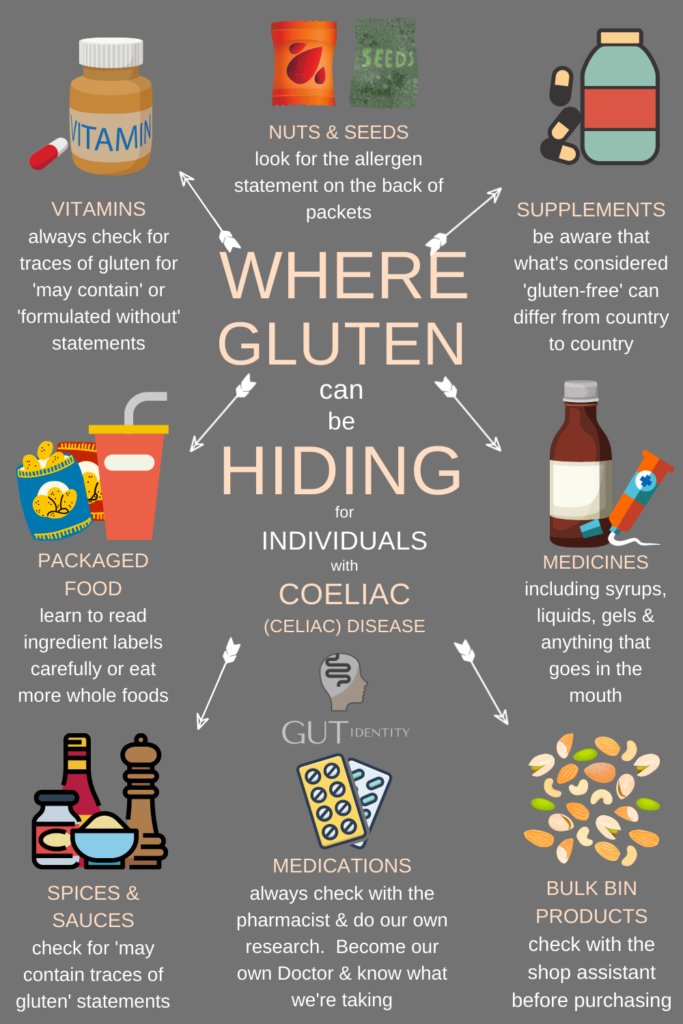
find the support you need straight away

I would’ve been lost without the support of my local Coeliac Society. Coeliac Associations, Societies, Organisations and Facebook groups offer more than just info about food. They provided invaluable support that I needed when I was thrown into this unknown world.
The Facebook groups for people who have had an official diagnosis of Coeliac Disease were the best for me personally. This is because it separated out those diagnosed from those with gluten intolerance or gluten sensitivity. These groups are run by fabulous people with extensive knowledge of the disease.
Without that support, I could’ve continued to get sick with ongoing damage to my small intestine without even knowing.
For someone diagnosed out of the blue like me, or caring for a newly diagnosed child, the amount of information to take in, can be overwhelming.
Everyone has to eat
The hardest part for me was absorbing the information fast enough before I was hungry again. This is on top of coping with the fact that you have an autoimmune disease that can’t, at present, be reversed. Trying to juggle life in general was a mission and added an extra level of frustration to an already crappy situation.
Knowledge and awareness of Coeliac Disease is growing slowly. I’m only new to this but it doesn’t seem fast enough or in line with the increasing rate of diagnosis for individuals like myself.
If I could develop Coeliac Disease suddenly, with just a 5% chance genetically, I’m sure I won’t be the last!
“If you’re like me and have received a diagnosis of Coeliac Disease out of the blue, your life will most likely have been turned upside down overnight.
There’s a lot to learn quickly on how to successfully avoid gluten, but the points below made it a little less scary for me.
my Top tips on avoiding gluten and not freaking out

- Try not to panic (easier said than done, I know!)
- Join your local Coeliac Association – it’s definitely worth it and they have a wealth of knowledge
- Get a dietitian/nutritionist who specializes in CD and who understands gut health
- Join a Facebook group that only has members who have been formally diagnosed. This stops any confusion around posts from those who are gluten intolerant/sensitive as having CD is different
- Download the Coeliac App (if available in your country) as this will help you learn to read labels correctly
- Do a supermarket tour if this is available (I found this super helpful)
- Start researching ‘cross-contamination’ as this is really, really important
- Build a support network because connection is so important
- Don’t let Coeliac Disease rule your life or define who you are
- It does get easier – trust me!
Public awareness of gluten and coeliac disease is still limited
I learned pretty quickly that public awareness of how gluten affects someone with Coeliac Disease is not great. There’s still a large number of people who just don’t know that gluten causes internal damage to someone with Coeliac Disease. Unless you’re living it yourself, caring for someone, or living with someone with the disease, it’s kinda hard to grasp just how disruptive it can be at first.
Unfortunately though, what’s really at stake here, is the long term damage to the small intestine. This can lead to poor health outcomes such as an increased risk of intestinal cancer and a whole host of other complications.
Short term outcomes can lead to ongoing sickness and a general feeling of being unwell. This can lead to disruption in both work and social life. These can put a strain on family life which can lead to an increased risk of developing anxiety and depression.
“As the rates of Coeliac Disease seem to increase, so must the need for better awareness around gluten in products and labeling, and the health implications it causes to those with Coeliac Disease.
This is why it’s so important to talk to people about the disease. Tell them what gluten does to you if you eat it. If we don’t talk about it and spread awareness, people just won’t get it. It is a pretty strange disease to get your head around initially.
Check out the links below, relative to your country of course, to find the support you need to avoid gluten safely.
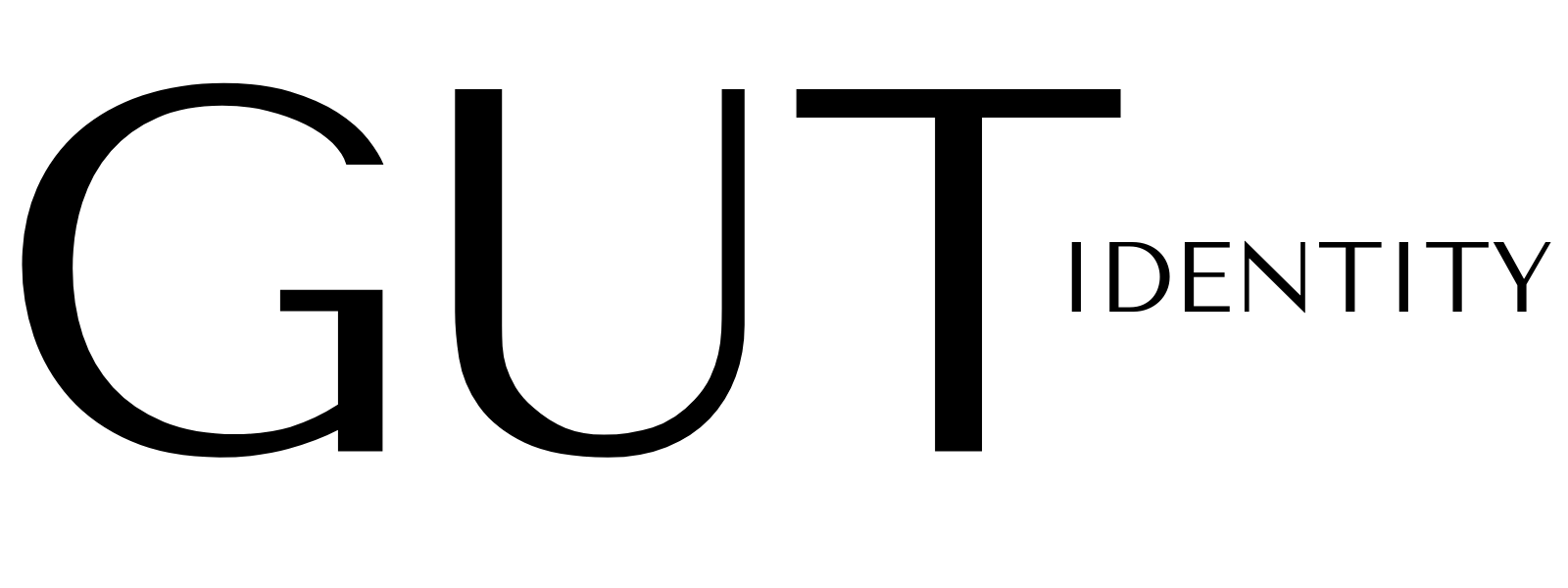




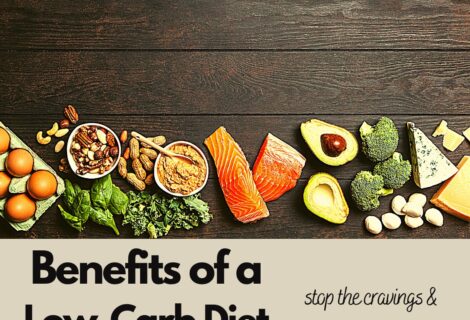
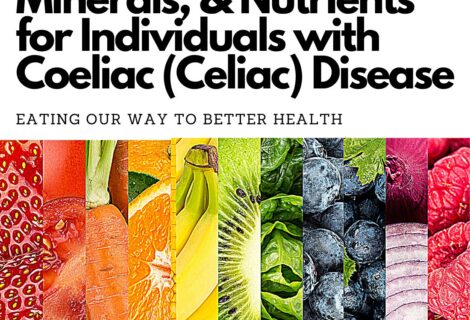
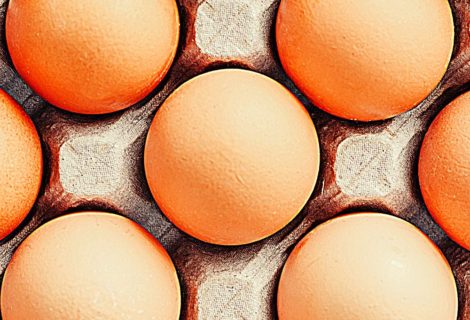
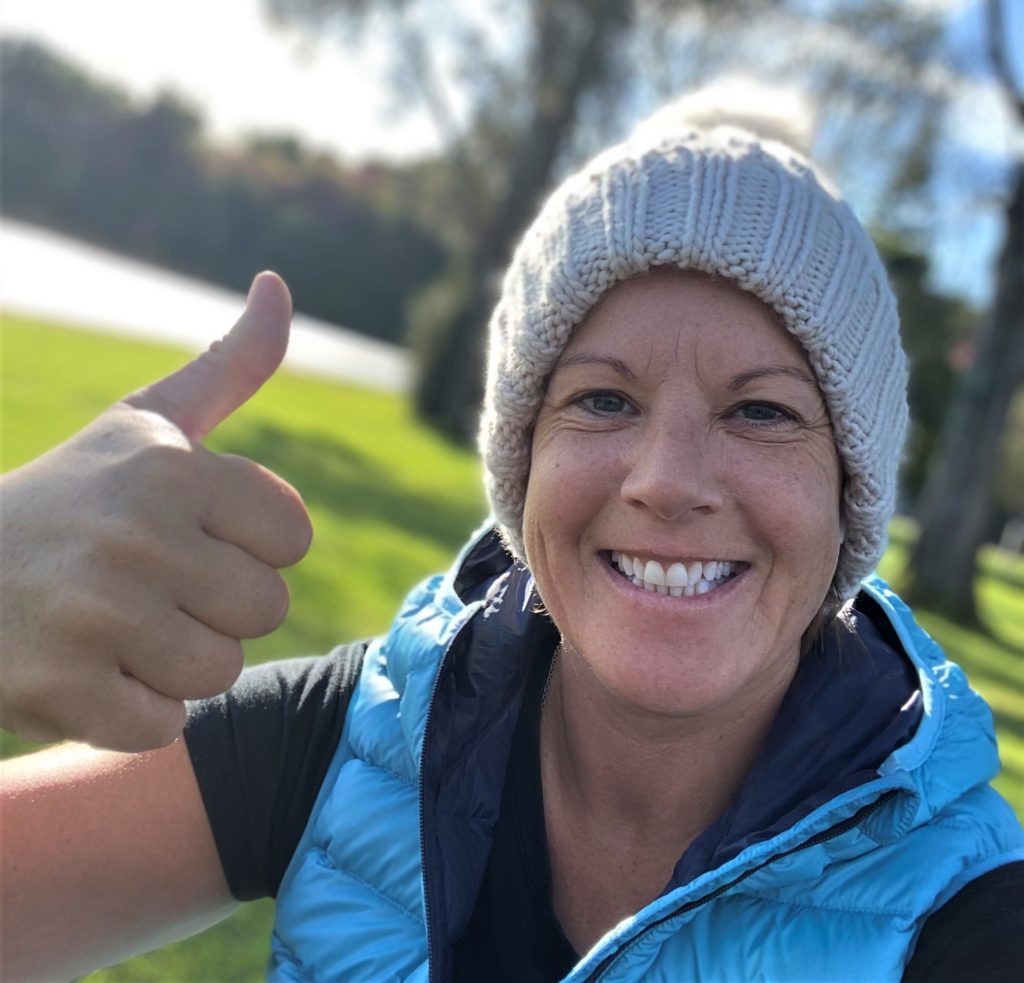

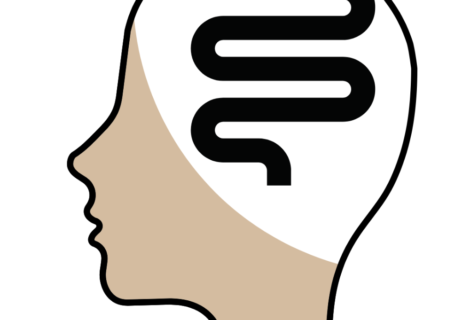

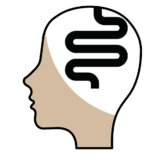

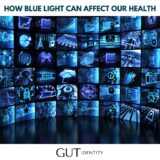
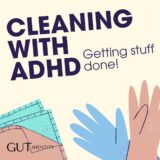
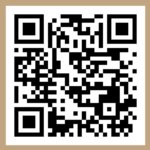
Karley
Informative and interesting!
Emma Beynon
Thanks for the feedback.